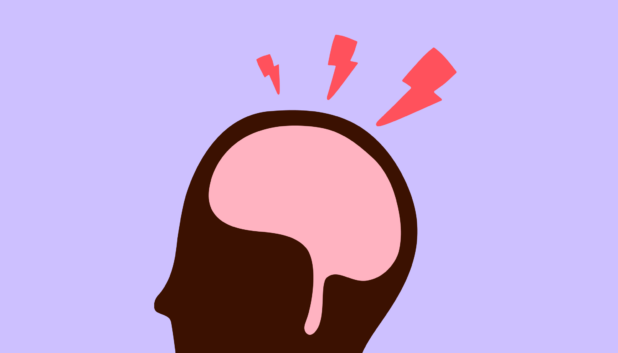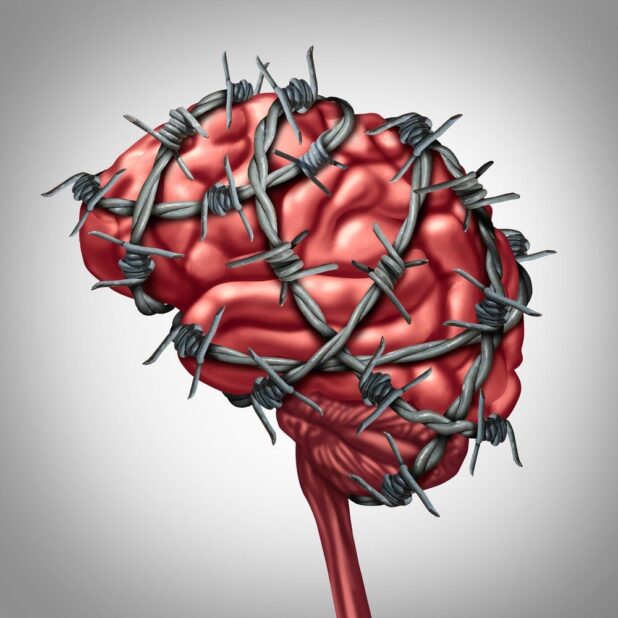Almost everyone has experienced a headache at some point. Oftentimes, we can attribute the dull pain to stress, dehydration, or a common cold. Taking a painkiller tablet can temporarily solve the problem, but your headache could be signaling a more significant issue.
While most people pay little attention to a headache, this ailment can be physically and economically debilitating. According to the study, Global Burden of Disease, performed by the World Health Organization (WHO), headache and headache disorders rank third for causes of years lost due to disability. However, the WHO also notes that there is a lack of knowledge the world over about headaches, even amongst healthcare providers. In fact, it was found that medical education devoted an average of only four hours to headache disorders.
With many people self-diagnosing and treating, headaches can often be easily dismissed as inconsequential. Considering that they are not contagious, are not deadly, and typically irregular, headaches are not always given sufficient consideration. Nevertheless, headaches can signal a bigger issue. If you are concerned and seeking to find further information on headaches for yourself or someone you care about, keep scrolling.
Table of Contents
Types of headaches

There are over 150 types of headaches and headache disorders, categorized as primary, secondary, and other headaches. Primary headaches are the most common and are a condition of themselves; they are not caused by another illness or disease. Examples of primary headaches include:
· Tension-type headaches
· Cold-sinus headaches
· Exercise headaches
· Migraine
· Cluster headaches; and even
· Sexual activity headaches
Secondary headaches are a symptom of another injury or trauma. For instance, a hangover headache is a result of alcohol withdrawal. Other types of secondary headaches include:
· Cranial or intracranial trauma
· Nitric oxide withdrawal
· Caffeine withdrawal
· Hormone headaches
· Menstrual migraines
· Sinusitis or sinus congestion
· Hypothyroidism
· Hypertension
· Disorders of facial structures
In the last example, an orofacial pain specialist may be best able to assist with headaches caused by disorders of the mouth, face, jaw, or associated regions as discussed on this site. However, due to a lack of knowledge and the relatively new field of orofacial pain as a specialty, patients are often shunted from one specialist to another before receiving appropriate treatment.
The nondescript third category of headaches is simply labeled ‘other’. These can be the result of severe issues such as palsies, cranial lesions, or nervous diseases. While a headache is not a severe or long-lasting concern most of the time, it can be the signal for a more significant medical problem.
Migraine vs. headache

A headache is a painful ache or feeling of pressure in the head that is typically felt on both sides of your head. The pain felt can be extremely mild to severe enough to disrupt daily functioning and last for up to a week.
On the other hand, a migraine is much more intense than a headache and is often felt on only one side or part of the head. Daily tasks can be near impossible to perform, even with medication. Migraines are generally associated with additional symptoms, including:
· Pain behind one ear or eye
· Temple pain
· Flashing lights
· Seeing spots
· Light sensitivity (photophobia)
· Noise sensitivity (phonophobia)
· Loss of appetite
· Nausea or vomiting
What causes a headache?

Even with all of our current medical knowledge, the causes of headaches are not fully understood. Interaction between blood vessels, nerves, and the brain signals pain, but it is unknown precisely how this happens.
While we may not know exactly what causes a headache or migraine, there are common triggers that one can track and attempt to avoid. These include, but are not limited to:
· Weather changes, particularly barometric pressure
· Medication
· Emotional stress
· Depression
· Alcohol
· Sleeping changes or lack of sleep
· Eating changes
· Foods – particularly nitrates, nitrites, monosodium glutamate (MSG)
· Caffeine
· Hormones
· Light
When should you call a doctor about a headache?

You may feel that a headache is not a reason to phone your doctor or seek further medical treatment. However, there are numerous instances where it is worthwhile to take your condition seriously, including if the headache:
· Is interfering with your professional or personal life
· Won’t go away or is progressively worsening
· Occurs three or more times weekly
· Requires constant pain medication
· Wakes you up
· Is a result of a head injury
· Accompanies a weakened immune system or while you are pregnant
· Happens while you are on blood thinners
· Comes on after an animal bite
If you notice a change in your headache symptoms, then it is vital to take note. This is particularly critical if a headache is violent or sudden and explosive. Moreover, if you experience any of the following symptoms, then it is worthwhile getting medical attention as soon as possible:
· Dizziness or loss of balance
· Numbness or the inability to move a part of your body
· Confusion
· Slurred speech
· Seizures
· Memory loss
· Personality change
· Blurred or double vision
· Blind spots
· Shortness of breath
· Fever
· Nausea
· Vomiting
· You have a stiff neck, as well as any of the above symptoms.
As we age, it becomes increasingly important to note when a new type of headache develops, worsens, or becomes chronic. If you are ever in question, it is always better to err on the side of caution and seek medical advice.
Can children get headaches?

Children can get headaches at any age, and most will have experienced a headache by their teen years. Like adults, the most common headaches for children are primary tension headaches caused by food triggers, environmental factors, changes in sleep patterns, and stress.
Medical studies have still not entirely determined all of the various causes of headaches. While there is still an insurmountable amount of research required, doctors do know that your skull and brain do not have nerves to register pain. As such, that headache that you feel must be caused by another source. Isolating whether the pain originates in your teeth, sinuses, neck, or elsewhere is integral to discovering the root of the issue and advocating for an appropriate health plan.
 World Magazine 2024
World Magazine 2024






